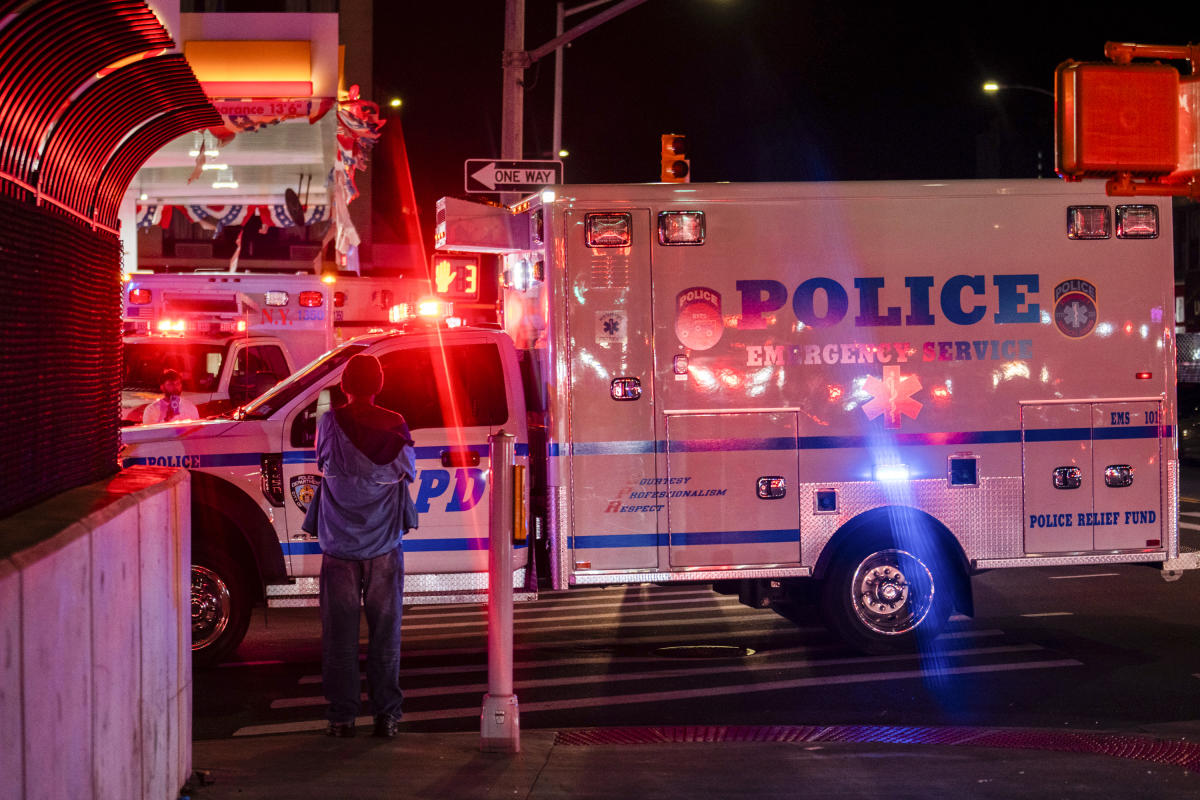Judging from reports of Hamas’ counteroffer to the U.N.–backed peace proposal, an end to the war in Gaza feels even more distant than it previously seemed—and it seemed pretty distant.
In a Slate column on Wednesday, I wrote that the main problem with the peace talks in Cairo and Doha, Qatar, which have been going on for months, is that Israel and Hamas have conflicting aims and interests in the war, motivations that no amount of diplomatic finessing can override.
This is still the fundamental issue, but since then, intermediaries to the talks have released Hamas’ counteroffer to the proposal on the table, and in no way can it be seen as serious. As Secretary of State Antony Blinken said, some of Hamas’ changes “are workable, some are not.” In any case, many “go beyond positions that [Hamas] had previously taken and accepted,” leading one to “question whether they’re proceeding in good faith or not.”
Blinken didn’t spell out the terms of Hamas’ offer, but they have since been leaked to several news organizations. According to those reports, Hamas makes many demands that, whatever one’s feelings about the war, are clearly unreasonable.
For example, Hamas requires that Israeli troops withdraw from all populated areas of Gaza on the first day a deal goes into effect—and that they pull out of the Philadelphi Corridor, near the Egypt–Gaza border, by the third day. Both demands are logistically difficult if not impossible. More to the point, a withdrawal from the Philadelphi would leave unguarded the route through which weapons have been channeled to Hamas’ gunmen.
Hamas also demands that by the end of Phase 1 (the first of three stages), no Israeli soldiers remain in Gaza—despite the fact that it will take until the end of Phase 2 to release all the Israeli hostages.
In other articles, Hamas wants to give Israel no say in which Palestinian prisoners can be freed as part of the exchange for hostages. (Under the U.N.–backed plan, Israel could exclude certain prisoners convicted on charges of murder or terrorism.)
Hamas proposes too that the reconstruction of Gaza take place during Phase 1, not Phase 3, as the U.N. version recommends. This stance is either naïve or cynical, and it means that the release of all hostages, at the end of Phase 2, would be delayed until after reconstruction. No one in any diplomatic forum has put forth a plan for reconstruction, so this proposal suggests that the hostages would remain in Hamas’ hands indefinitely.
Finally, Hamas insists that the war not resume even if disagreements over Phase 2 are unresolved. The U.N.–backed plan takes the opposite position, asserting that Israel can resume fighting if Hamas fails to abide by its obligations.
Israeli officials have deemed this counteroffer “a non-starter,” and they are right. Blinken has urged Hamas to stop “haggling” and, in his most recent trip to the region, has encouraged his Egyptian and Qatari counterparts to apply more pressure on Hamas to get a cease-fire going—though the “haggling” seems to reflect deeper problems. Blinken also said he would continue to have emissaries attend the peace talks—a move that keeps at least some hope alive and the Biden administration’s intentions clear.
The peace proposal, which Hamas has proposed amending to the point of rejecting, was initiated by Israel, polished by U.S., Egyptian, and Qatari negotiators, then endorsed, in a 14–0 vote (with Russia abstaining) at the U.N. Security Council.
Since the war began eight months ago, three of my friends, all journalists with extensive background covering the Middle East, have independently told me the same joke: “The problem with liberals is they think every problem has a solution.” (All three friends are, to some extent, liberals.) When it comes to this war, it’s looking less and less like a joke.
Signup bonus from




